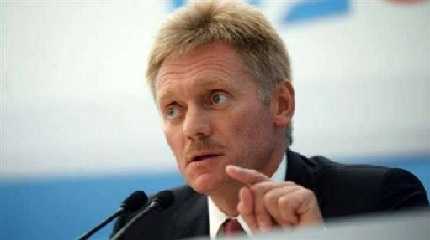
MOSCOW, March 30. /TASS/: The world has started to lose faith in the US dollar in recent years, so given this situation, the only option is to expand the use of national currencies, Kremlin Spokesman Dmitry Peskov told reporters on Wednesday.
"Given that the prestige of the dollar as the world’s main reserve currency has been plummeting in recent years, while trust in other internationally recognized currencies is also not at its highest now, broadening the use of national currencies is the only and inevitable alternative to these processes," he said.
The Kremlin official noted that the Cabinet is already working on widening the use of national currencies in settlements with other countries.
"Widening the practice of using national currencies is an area that our government is also pursuing and we need to move further on all fronts. This is in our interests and in the interests of our partners," Peskov insisted.
Commenting on the proposal of Vyacheslav Volodin, speaker of the State Duma (lower house) to expand the list of goods exported for rubles, the press secretary noted that it could be worked out.
"Of course, this idea should be worked out considering that there are countries that show mutual interest in mutual settlements in national currencies," Peskov noted.
"This is quite feasible and if there is an instruction from the head of state in this regard, it will certainly take the shape of some specific proposals," he concluded.
On expanding supplies for rubles and payments for gas
Earlier on Wednesday, Volodin wrote in his Telegram channel that it would be appropriate to expand the list of goods exported for rubles, including grain, crude oil and lumber-related goods.
Previously, Russian President Vladimir Putin ordered that unfriendly states must pay for Russian gas in rubles. He said Moscow would refuse to accept payment under gas contracts with those states in "compromised" currencies, meaning dollars and euros. He ordered the government to instruct Gazprom to make the necessary changes to the existing contracts.
On February 24, Putin said in a televised address on February 24 that in response to a request by the heads of the Donbass republics he had made a decision to carry out a special military operation. The Russian leader stressed that Moscow had no plans of occupying Ukrainian territories. After that the US, the EU, the UK and a number of other states announced that they would impose sanctions against Russian legal entities and individuals.




